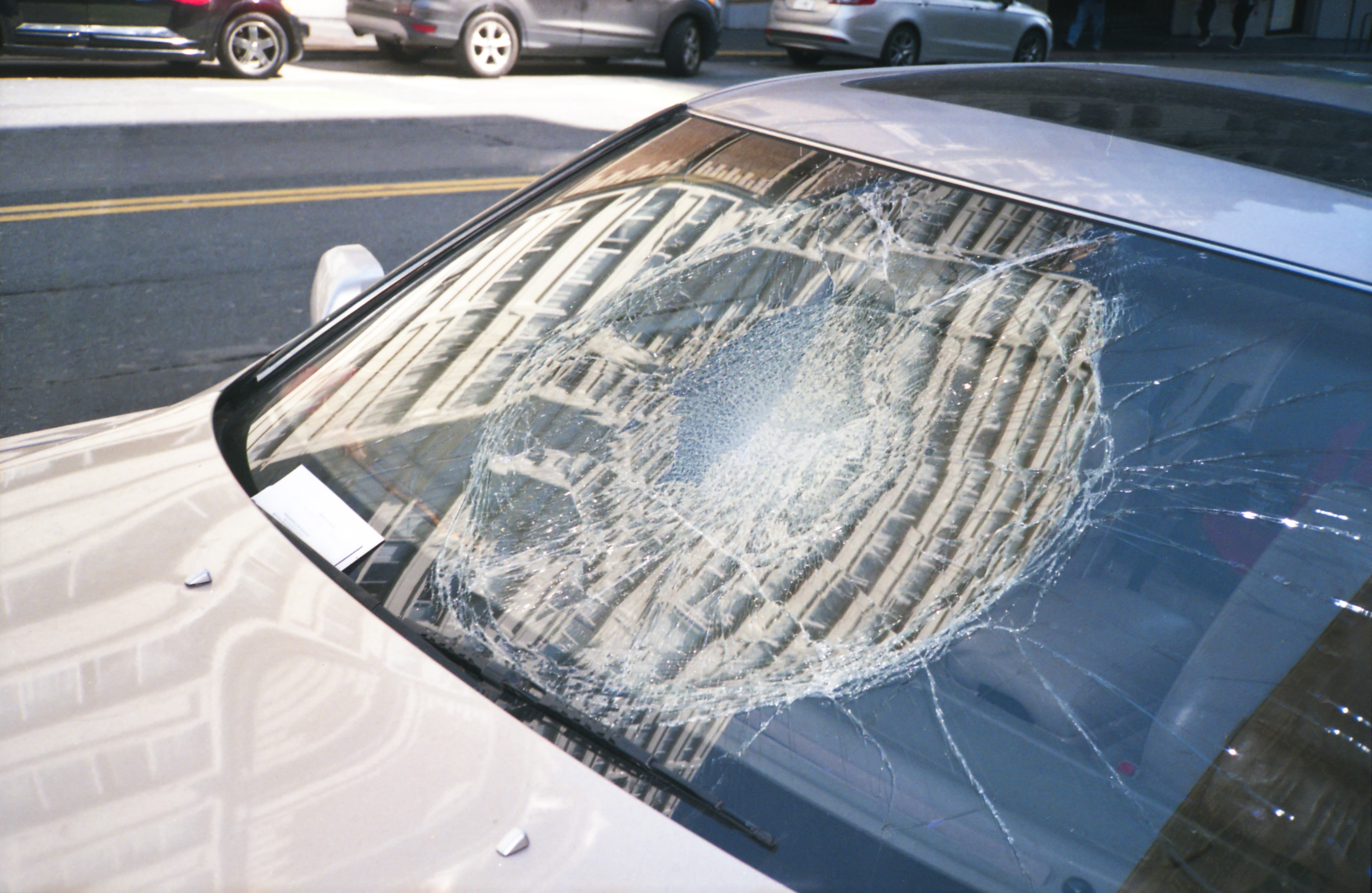Owning more than one car is a treat for some drivers who relish the ability to change their ride according to their activity; a minivan to take the kids to soccer practice and a stylish coupe to drive to dinner with friends, perhaps. Some people need multiple car insurance for one driver for other reasons. They may own a sporty car for long summer road trips and another, more practical vehicle to tackle winter roads.
Regardless of why you own multiple vehicles or want multiple car insurance for one driver, the need to maintain proper insurance remains essential. So, we’re exploring the best way to buy insurance if you are fortunate enough to own more than one vehicle.
Frequently Asked Questions
What is a multi-car policy?
A multi-car or multi-vehicle insurance policy is an insurance contract that protects more than one vehicle. This is in contrast to someone buying two separate insurance policies, each covering only one car. While some people prefer to keep two different insurance policies, there are benefits to combining the coverage onto one multi-car policy.
In the case of having multiple car insurance policies and one driver, this means that the principal driver on both vehicles is the same person. A principal driver is an individual who uses the vehicle the most. For example, if there is only one licensed driver in the household, they would automatically be assigned as the principal driver of both vehicles. In contrast to the principal driver, a secondary driver is someone who drives the vehicle but is not the person who uses the vehicle as often as the primary driver.
For many families that own multiple vehicles, their policy will list several primary and secondary drivers, each assigned to the vehicle they drive the most. For example, consider a two-car family with a sedan and an SUV that consists of two adults and two teenage drivers. On a multi-car policy, both the sedan and the SUV will be listed on the policy in addition to all four drivers, each assigned to their respective vehicles.
Each adult may be assigned as the primary driver of one of the vehicles, and the teenagers can be assigned as secondary drivers. If the dad is very protective of his SUV and doesn’t allow the kids to drive it, the underaged drivers could sign an OPCF 28A – Excluded Driver Endorsement form – which would prohibit them from driving that vehicle at all. In that case, if a teen driver took their dad’s SUV on the road, they would be illegally driving without insurance coverage. Without an OPCF 28A, insurers would put one underage driver on each vehicle.
How does multi-car insurance work?
So, how does multi-car insurance work on a practical level?
Multi-vehicle car insurance in Canada works consistently from province to province. As stated above, all vehicles and drivers will be presented on one contract. This means that the cars will share effective and expiry dates. For example, if you have a monthly payment plan, the premium for all vehicles will be deducted on the same date each month.
Generally speaking, a multi-car insurance policy will have a single liability limit that covers all the vehicles and drivers. The policy will also have a single statutory benefits limit to protect all drivers and passengers.
However, each vehicle can maintain its own coverage and limits when it comes to individual coverages. For example, coverage and endorsements can be customized for each vehicle in the above case of a family that owns a sedan and an SUV. It may be decided that the brand-new SUV needs optional collision coverage and comprehensive coverage, as well as an endorsement that removes depreciation for the first few years. The sedan is older, so it may not require comprehensive coverage. It is too old to qualify for depreciation removal, so coverage for the current Red-Book value for the vehicle is probably sufficient.
What’s required for getting multiple-car insurance?
There are only a few requirements to bring all your auto insurance onto one policy.
The first is that the owners of the vehicles need to be listed on the policy, not just the drivers. So, if you are driving a car you do not own, you cannot add it to the policy. A typical example is a vehicle someone loaned you for an extended period. As the person driving the car does not have an insurance interest, they cannot insure the vehicle. Therefore, coverage needs to be coordinated by the individual who owns the car.
It’s also necessary that all vehicles share the same policy term with common effective and expiry dates. When combining two or more policies, it might be necessary to add additional vehicles in stages over the course of the year. This transfer of each vehicle to the new “master” policy is usually done as the individual policies expire, ensuring continuous coverage while avoiding cancellation fees or additional costs.
Otherwise, you can get started if you have details on each vehicle and driver. Here’s the information you will need to start creating a multi-car policy:
Vehicle information
- Year, make & model of vehicle
- Vehicle information number (VIN)
- Purchase price
- How it is used (commuting, pleasure use, etc.)
- Location of vehicle
- Claims experience
Driver information
- Name
- Date of birth
- Driver’s license number
- Which car do they regularly drive
- Traffic violations
- Claims experience
Assigning drivers to the vehicles they regularly drive is an essential part of this process. While it might be tempting to leave a young driver or a driver with several traffic violations of the policy or assign them as a secondary driver rather than a primary driver, the results can be catastrophic.
If, as part of a claims process, an adjuster learns that drivers were not assigned to the vehicles appropriately, the claim could be denied, and your auto insurance policy cancelled. It’s always better to be upfront when it comes to drivers and their use of the vehicle. When in doubt, talk to your insurance professional.
Is multi-car insurance cheaper?
Almost every Canadian insurance company offers some sort of multi-vehicle discount. The amount of this discount varies from company to company and the driver’s driving history, but most drivers can expect a discount on their insurance premium between 10% and 25%.
What are the benefits of a multi-car policy?
In summary, moving to multiple car insurance with one driver or more can provide you with numerous benefits. These include:
Convenience – you only have one policy to worry about and one place to find all your car insurance information.
One monthly bank withdrawal – instead of having money coming out of your bank account or being charged to a credit card multiple times a month, you can select a single date to pay for all your auto insurance.
Savings – most policyholders will save a sizable amount on their annual insurance premium by combining policies.
Learn more about how much you can save by bundling multiple cars under one auto insurance policy by getting your 3-minute online quote or speaking to our expert brokers.






